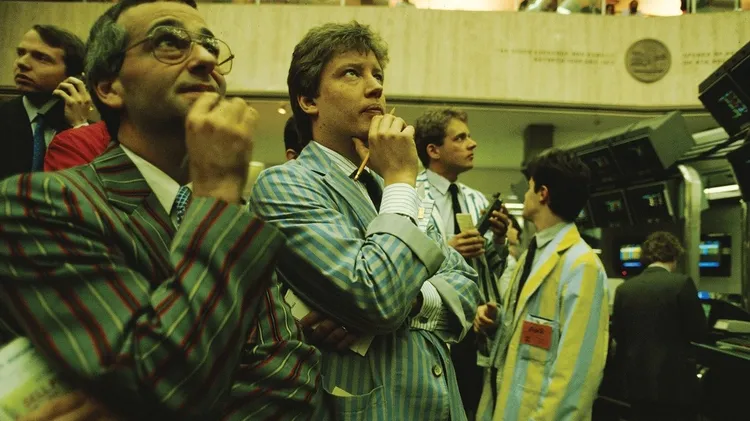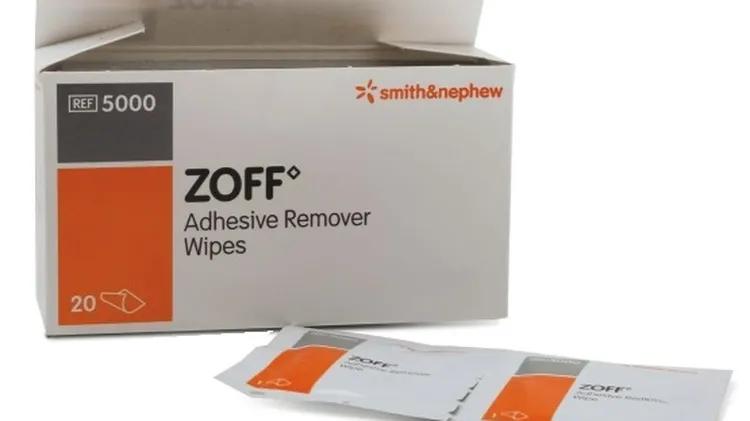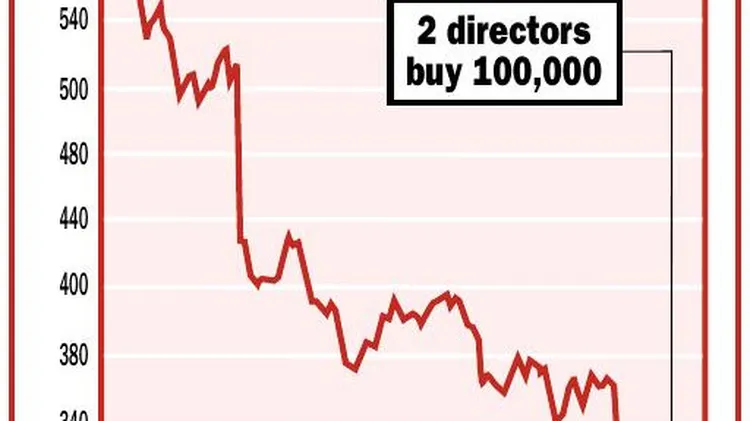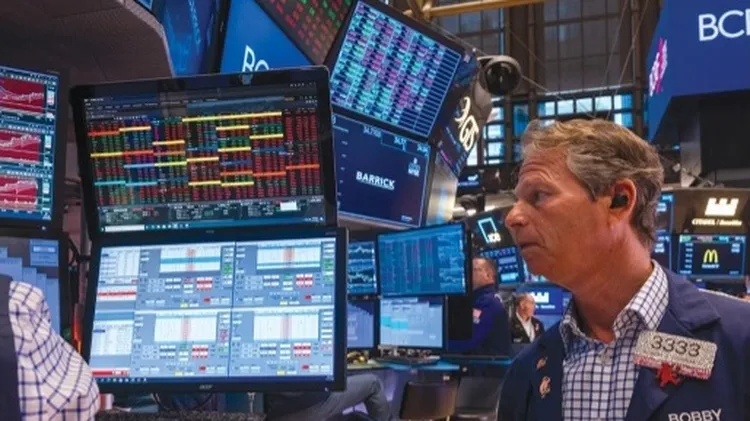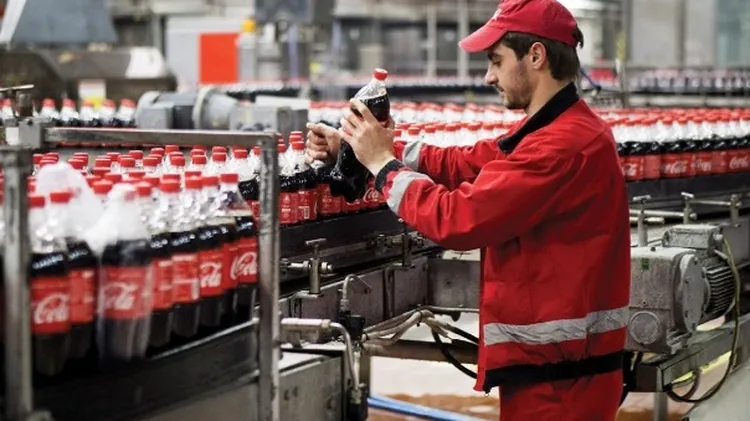Temple Bar Investment Trust is a diversified bet on British equi
A top tip for a uk turnaround
3 min read
This article is from...
Read this article and 8000+ more magazines and newspapers on Readly

